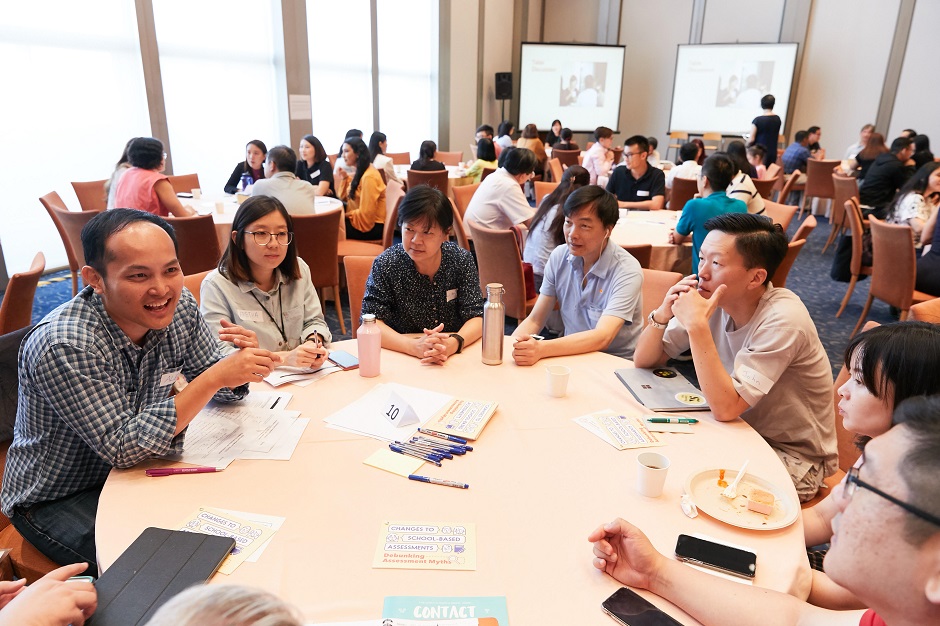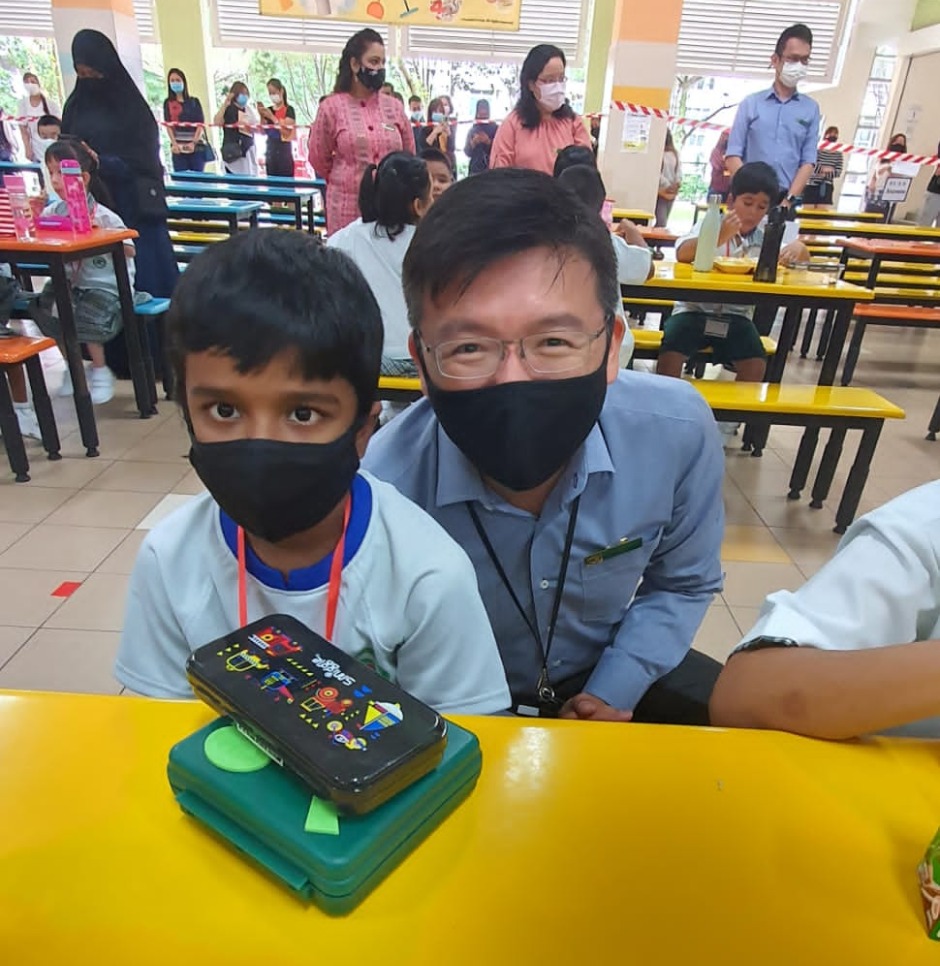From having to settle into a new environment and handle many new subjects to making new friends and meeting new teachers, going from Primary to Secondary School could arguably qualify as one of the most exciting – and nerve-wracking – periods in the adolescent years.
It is important for parents to play a supportive role to the children during such transitional phases. In our anxiety to provide the “right” kind of guidance to our children, we may inadvertently impose our strong notions on them. It is therefore crucial to learn to take a step back to recognise our children’s aspirations, and help put their dreams front and centre.
So how can we play a more mindful role in supporting our children? Here are 5 tips from Mdm Choy Wai Yin, Director of Guidance Branch, MOE, which she shared at a recent transition seminar organised by the ministry.
Tip 1: First listen, then communicate
Create opportunities for conversations with your children from time to time. While this does not necessarily mean that you should set an agenda, time and date for that to happen (that would just make them clam up!), parents could find the right opportunity to be involved in activities that the children enjoy. When conversations flow in a natural and comfortable setting, parents can take the chance to listen and observe their children’s points of views, body language and emotions to understand their thoughts, and respond with empathy.
Tip 2: Papa (or mama) don’t preach
Avoid talking down to your children. Their concerns are not trivial and just handing out solutions or advice can turn them off. This also deprives our children of the chance to make sense of issues and develop social-emotional competencies to manage problems on their own. Hear their views before you give yours and be open to discussions, debates – and disagreements! This provides a robust platform and experience for them to think about different approaches, perspectives and views.
Tip 3: Show, don’t tell
Share your personal experiences and anecdotes from work to illustrate how we also face similar problems but learn to overcome the challenges and issues. When we role model problem solving and decision making, our children are watching and learning. The point lies in guiding them to look for information, develop discernment and make sound decisions. When our children open up to us, it means that they trust us. Sometimes, they may not be looking to us to help them solve a problem – they just want a listening ear or an opinion that could help them make inferences.
Tip 4: No passion? No problem
Not all children have a singular passion or know what they want and like, and can do well in right from the start. In this regard, parents could instead help their children to develop a basket of strengths. Whether these strengths or interests turn out to be a hobby choice or something that influences the children in their education and career paths, parents could let them explore and enjoy the journey – but we should always be there to provide guidance as needed.
Tip 5: Work with schools
It’s also important for us to communicate with our children’s teachers to better understand their interests, strengths and aptitudes. Ask not just how they are performing academically, but also how they are interacting with their peers, how they are working with others, and how they are doing in their CCAs and other school programmes.






